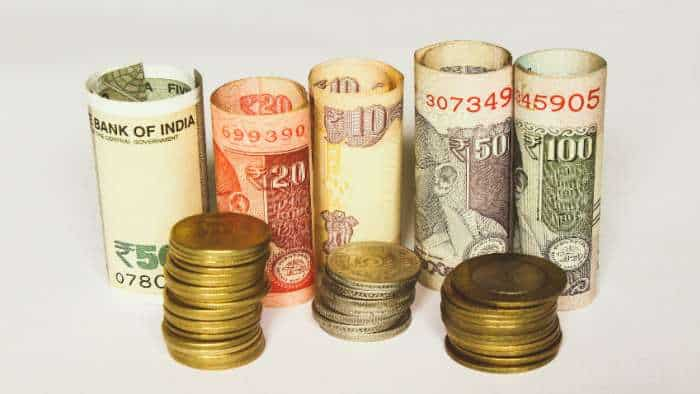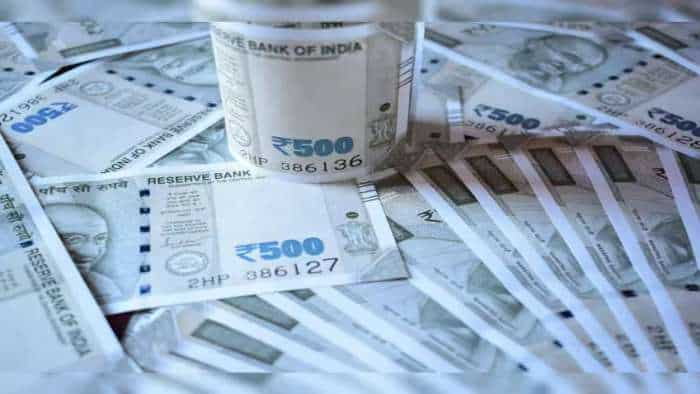Explained: What powered Sensex to 38,000 for the first time in history

India's benchmark BSE index scaled another high today, breaching the 38,000 mark for the first time. Another frontline index, Nifty also scaled a fresh lifetime peak, nearing 11,500.
At 1 pm, the 30-share pack of BSE was trading at 38,020. The Sensex' record high was mainly driven by financial stocks such as ICICI Bank Ltd and the State bank of India. ICICI, which is India’s third-largest lender, made its highest gain since February 1, earning as much as 8.5 per cent to Rs 345.85.
The fresh Sensex high comes a day after the Reserve Bank of India (RBI) decided to transfer a surplus of Rs 500 billion to the Government of India.
“The Central Board of Directors of the Reserve Bank of India, at its meeting held on August 8, 2018, approved the transfer of surplus amounting to Rs 500 billion for the year ended June 30, 2018 to the Government of India,” RBI had said in a statement on Wednesday.
Experts say the treasury incomes will improve with the amount given by the RBI to the government. This will, in turn, improve the treasury income for the banks.
Siddharth Sedani, Vice President, Head Equity Advisory, Anand Rathi, told Reuters that the Sensex and the Fifty are cruising because the banking sector is leading. "The banking sector is taking the lead, so the Nifty and the Sensex are cruising, he said.
"Banking sector is doing well because treasury incomes will improve on the amount given by RBI to the government, which will improve the treasury income for the banks", Sedani further told the news agency.
ICICI Bank on Tuesday responded to a media report, claiming the country’s third-largest lender had masked its bad loans via a change in accounting policy. The Bank clarified that it had made full disclosure in its annual report.
The Sensex is expected to float at or above 36,000-mark in the coming months, that will also see preparations for Lok Sabha Elections 2019.
Several factors like the government's focus on financial inclusion of masses, gradual cleaning up of banking mess, raising farm income through guaranteed high MSPs etc makes the future of Indian equity market bright in the long run. In the short term, there could be some negative impact of factors like rising crude oil prices, global trade wars led by the US and China.
Global investment bank Morgan Stanley has predicted that the Sensex could be trading flat at around 36000 by June 2019 if the Lok Sabha elections next year throws a poor outcome. It could, however, cruise to 44,000 if the elections return a strong, say stable government.
Get Latest Business News, Stock Market Updates and Videos; Check your tax outgo through Income Tax Calculator and save money through our Personal Finance coverage. Check Business Breaking News Live on Zee Business Twitter and Facebook. Subscribe on YouTube.
RECOMMENDED STORIES

Rs 55 lakh Home Loan vs Rs 55 lakh SIP investment: Which can be faster route to arrange money for Rs 61 lakh home? Know here

Top 7 Flexi Cap Mutual Funds With up to 52% SIP Return in 1 Year: Rs 20,000 monthly SIP investment in No. 1 fund has generated Rs 3.02 lakh; know about others too
02:58 PM IST










 FIRST TRADE: Nifty falls below 24,000; Sensex down 720 points
FIRST TRADE: Nifty falls below 24,000; Sensex down 720 points Final Trade: Sensex ends 502 pts lower, Nifty50 slips below 24,200 dragged by financial stocks
Final Trade: Sensex ends 502 pts lower, Nifty50 slips below 24,200 dragged by financial stocks  Nifty 50 sinks below 24,250 amid selling pressure in financial stocks: Key factors impacting D-Street
Nifty 50 sinks below 24,250 amid selling pressure in financial stocks: Key factors impacting D-Street  Final Trade: Sensex tumbles 1,100 pts, Nifty slips below 24,350; PSU banks drag
Final Trade: Sensex tumbles 1,100 pts, Nifty slips below 24,350; PSU banks drag Midday Market Report: Sensex tumbles 930 points, Nifty slips below 24,400; Airtel, TCS drag
Midday Market Report: Sensex tumbles 930 points, Nifty slips below 24,400; Airtel, TCS drag